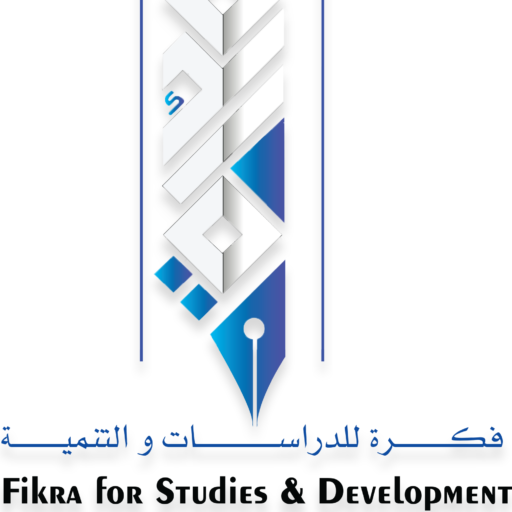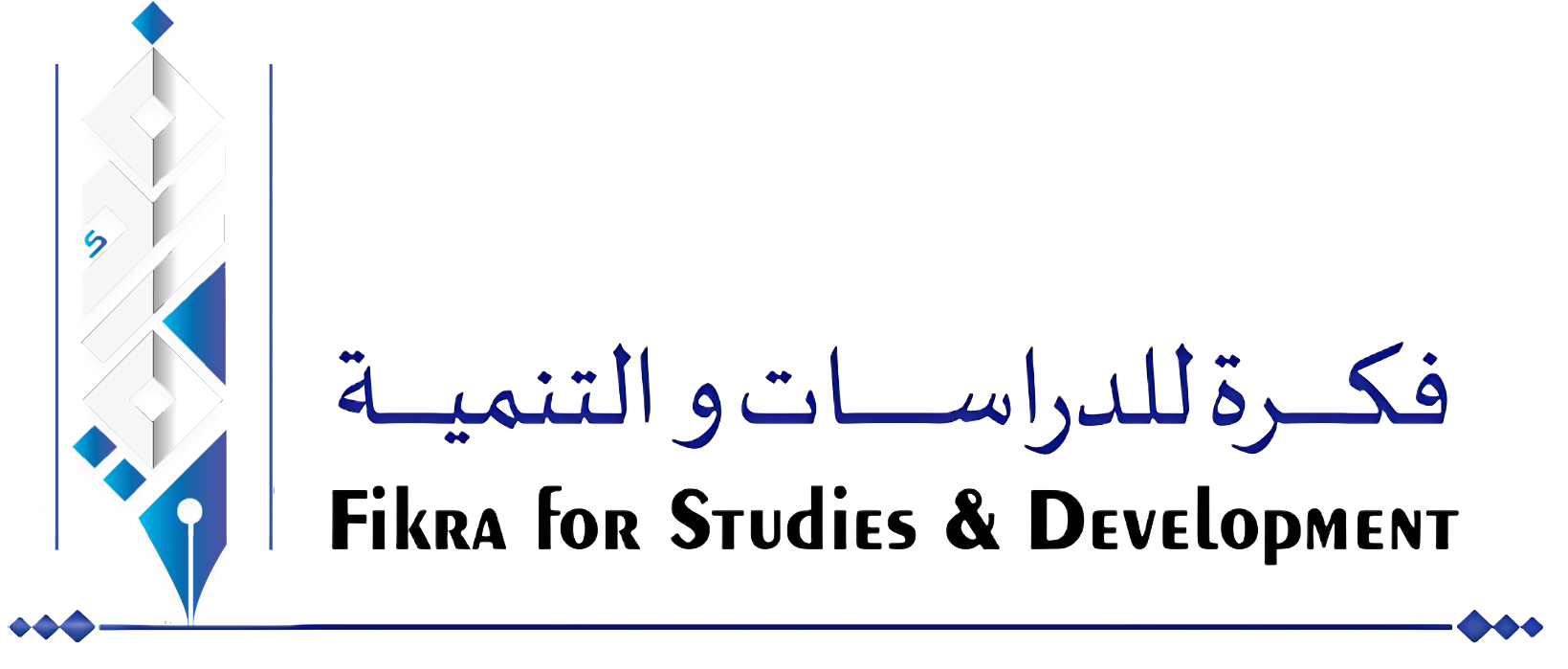Sudan: What follows Cairo’s workshop ?
Sudan: What follows Cairo’s workshop ?
Dr. El-Shafie A. Khidir Saeed
Article originally published in Al-Quds Al-Arabi newspaper on February 8, 2023
Sudan’s political scene is already in turmoil, fueled and exacerbated by a variety of internal and external factors, but it has become even more turbulent and tense in response to the political process and the resulting framework political agreement signed by freedom and change—the Central Council and the military leadership.
There are several causes for this disorder and stress, including:
First, some political and social forces in the country declared that they do not recognize this political process and were uninterested in the outcome of the negotiations with the military leadership, despite the fact that I believe that the outcome will inevitably affect their plans and tactics regardless of which direction they go. Others accepted the political process but rejected the framework agreement because they were not invited to participate in its creation and were not content with simply following what others designed and decided in order to avoid being labeled inferior. Such a label will cast a negative shadow on their role in assembling the next transitional structures. And then there are those who embrace the mindset of portraying themselves as the spearhead or locomotive of the political train, despite the fact that history shows that such a mindset will inevitably lead to great damage to the democratic process.
Second, the Sudanese people are well aware that Freedom and Change—the Central Council had been negotiating with the military leadership for a long time before signing the framework agreement. They are also aware of the good and strong relationship that the same military leadership has with freedom and change- the democratic bloc and that the latter has bad relationship with the Freedom and Change- The Central Council. All this raises the questions, and doubts about whether the military are just manoeuvring with the political process. The Sudanese are also fully aware of the existence of a large bloc of the revolutionary forces who favours the political process, including the civil society bloc, outside the political process, because the design of the process, which is controlled by the Central Council, is not acceptable to them.
Thirdly, despite the fact that everyone appeals to the December revolution and preaches its slogans, this could not prevent the sharp state of polarization and the tendency for this polarization to splinter into two opposing blocs, fighting for the power seats. Particularly after the Cairo workshop. And how this polarization can result in retreating of the revolutionary slogans in exchange for the interest in the seat of power.
Fourth, there are those who sow the seeds of a societal civil war similar to the one raging in Libya, Syria, and Yemen, regardless of whether this seed was sown as part of a scheme devised by the miserable alliance of corruption and tyranny to restore their ruling even if it comes over the corpse of the homeland or whether it was a product of the failed and prevalent policies and practices that are prevailing in the current political scene.
Fifth, there is a rising sentiment among Sudanese that some civil and military parties are seeking assistance and leverage from external parties in a manner that poses a grave threat to the revolution and the nation.
Sixth, the outcomes of any political process will not bring stability to the country unless they meet the majority of Sudanese street demands and are accepted by the majority of the youths of the revolution. This stands regardless of how much support these outcomes receive from outside the country.
Seventh, the two main principles for the success of any political process and the only entry point to a process that can take the country out of its crisis are: 1) the commitment to the principles of the December revolution; and 2) the principle of acceptance and participation of all factions and groups that contributed to the victory of this great revolution, without exclusion of any or limitation to specific political groups.
Eighth, the situation in Sudan has reached a critical stage that cannot tolerate any outbids, maneuvers, or giving priority to partisan political gains at the expense of the country, just as it cannot tolerate belittling the value of the revolution or treating it as if it were a mistake.
Ninth, one of the revolution’s key tasks is to heal the wounds of the nation and shackle the hands that inflicted them. The mending of the country’s wounds, on the other hand, necessitates strong stitches and skilled hands, all of which will be available only if our leaders have the required desire, vision, and tool. These stitches gain their strength, just as hands gain their skill, from the fact that building a nation necessitates broadening the principle of acceptance and participation to include all Sudanese patriots of all segments and political, intellectual, and regional affiliations, provided they renounce all causes of division and dispersion and overcome their political differences and contradictions to agree on how to get the country out of its current crisis, through an agreed-upon political process, from which only the elements of the defunct regime and those who committed crimes against the nation are excluded, as they are destined to appear before justice.
Tenth, if there are groups that reject the principle of acceptance and participation, and believe that defeating the other is their strategy to achieve their goals, then they should prepare to build their military arsenal, and the homeland will bleed the rest of its blood.
In light of these and other considerations, and to ensure the success of the country’s political process, we reiterate our proposal to organize a Sudanese-Sudanese dialogue via a round-table conference, organized and facilitated by the UNITAMS mission and the tripartite mechanism, in which all forces of the revolution, including politicians, technocrats, civil society, military personnel, national figures, and other sectors of society, participate. The framework agreement document, as it is signed by some civilian and the military, could be an entry point, or a main paper to be discussed by the conference in addition to other papers submitted by political factions, including the agreements signed. The conference aims to come up with a unified vision on a consensual transitional project that will extricate the country from its current crisis, and lay the foundations for the success of a transitional period that works to achieve the goals of the revolution in terms of freedom, justice and peace, and prepares the country for free and fair elections to be held at the end of it.
This transitional consensual project must be implemented by a transitional leadership of the country, that is agreed upon and formed from national competencies, free of any concessions or political quotas. This transitional leadership must have the consensus of the people on its eligibility and its full readiness to give priority to national affiliation at the expense of any narrow affiliations of its own, whether party or regional.
* Dr. Elshafie Khidir Saeid
A Sudanese pro-democracy political scholar, thinker and writer. He has a long track-record in the struggle against military dictatorships for realizing democracy, rule of law, peace and political stability in Sudan. He was subjected to political detention for five years in the 80th of the last century, and he went underground for many years fighting the Ingaz regime. Dr. Elshafie has a number of published writings on the consolidation of democracy and the intersections between the roles of the tribe, the army and politics in Sudan. He can be contacted by email: eksahmed@gmail.com, elshafie@fikrasd.com.
Subscribe to our mailing list
Dr. Elshafie Khidir Saeed
A Sudanese pro-democracy political scholar, thinker and writer. He has a long track-record in the struggle against military dictatorships for realizing democracy, rule of law, peace and political stability in Sudan. He was subjected to political detention for five years in the 80th of the last century, and he went underground for many years fighting the Ingaz regime. Dr. Elshafie has a number of published writings on the consolidation of democracy and the intersections between the roles of the tribe, the army and politics in Sudan.
Dr. Elshafie can be contacted by email: eksahmed@gmail.com, elshafie@fikrasd.com.

